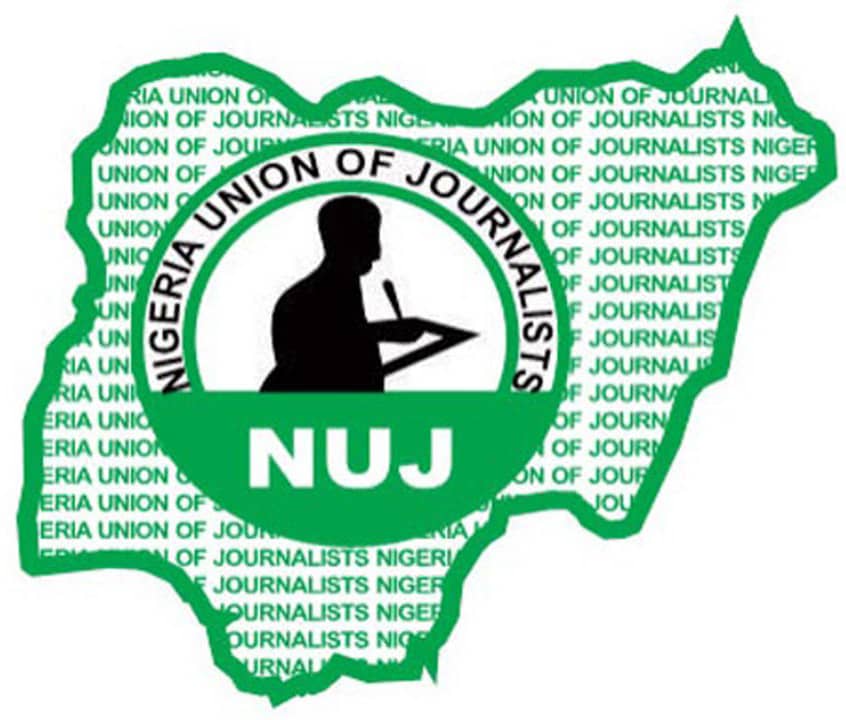Nigeria’s leading journalists’ union has issued a sharp warning to media professionals, urging them to resist collaboration with politicians in spreading unverified claims, particularly as the country approaches its next general elections in 2027. The Nigeria Union of Journalists (NUJ), in a communiqué released after its monthly congress on Wednesday, emphasized the critical need for rigorous fact-checking to combat fake news and misinformation during heightened political activities.
The document, jointly drafted by NUJ Chairman Abiodun Atilola, Secretary Mosunmola Akinola, and member Dayo Adu, was distributed to local media outlets by union secretary Olusola Oladapo. It stressed that journalists risk undermining public trust if they propagate false narratives, whether inadvertently or through manipulation by political actors. “The congress observed the increasing political activities towards the 2027 general elections and enjoined journalists to always fact-check information from politicians,” the statement read, adding that failure to verify content could entangle media workers in “the web of fake news, misinformation, and disinformation.”
While Nigeria’s electoral cycles have historically been marked by polarized rhetoric and viral misinformation, the NUJ framed its directive as a proactive measure to safeguard both journalistic integrity and democratic processes. The warning reflects broader global concerns about the weaponization of misinformation during elections, a challenge witnessed in recent years across nations from Brazil to India. In Nigeria, where social media remains a primary news source for many, unreliable reporting carries heightened risks of inciting violence or distorting public discourse.
The union did not cite specific instances of recent malpractice but underscored the role of media in either stabilizing or destabilizing electoral environments. Its call aligns with efforts by civil society groups and tech platforms to curb false narratives ahead of the polls. Experts note that Nigerian politicians have increasingly exploited digital tools to circulate propaganda, deepfakes, and inflammatory content—a trend requiring heightened vigilance from newsrooms.
The NUJ’s appeal also highlights the precarious position of journalists in politically charged climates, where pressure to align with partisan agendas often clashes with ethical obligations. By prioritizing verification, the union aims to insulate reporters from legal repercussions and reputational damage while reinforcing their role as public watchdogs.
As political campaigns gradually intensify, the effectiveness of such measures will depend on widespread adherence within the media sector and parallel initiatives to hold misinformation purveyors accountable. For now, the NUJ’s stance signals a recognition that preserving credibility in journalism is not just a professional duty but a civic imperative in safeguarding democracy.
